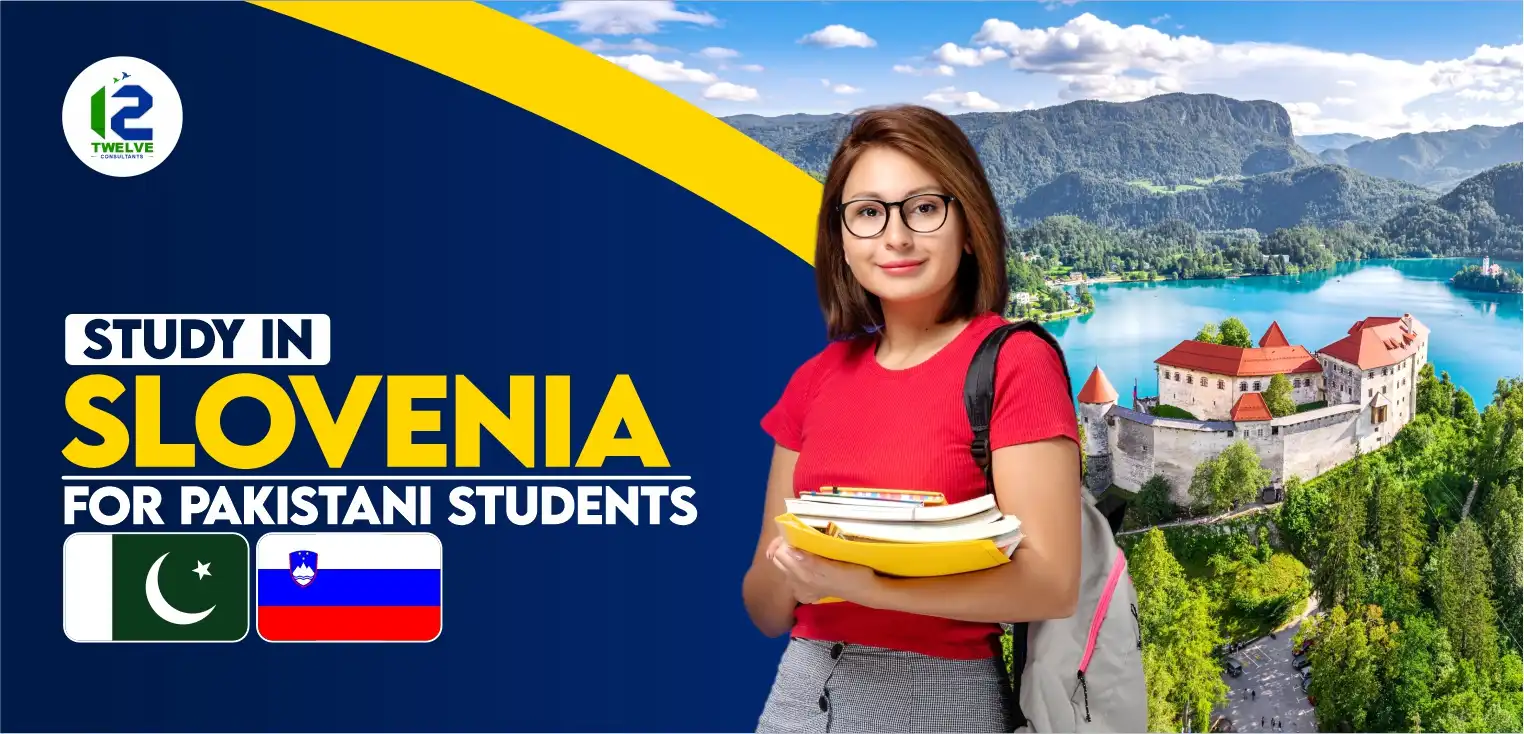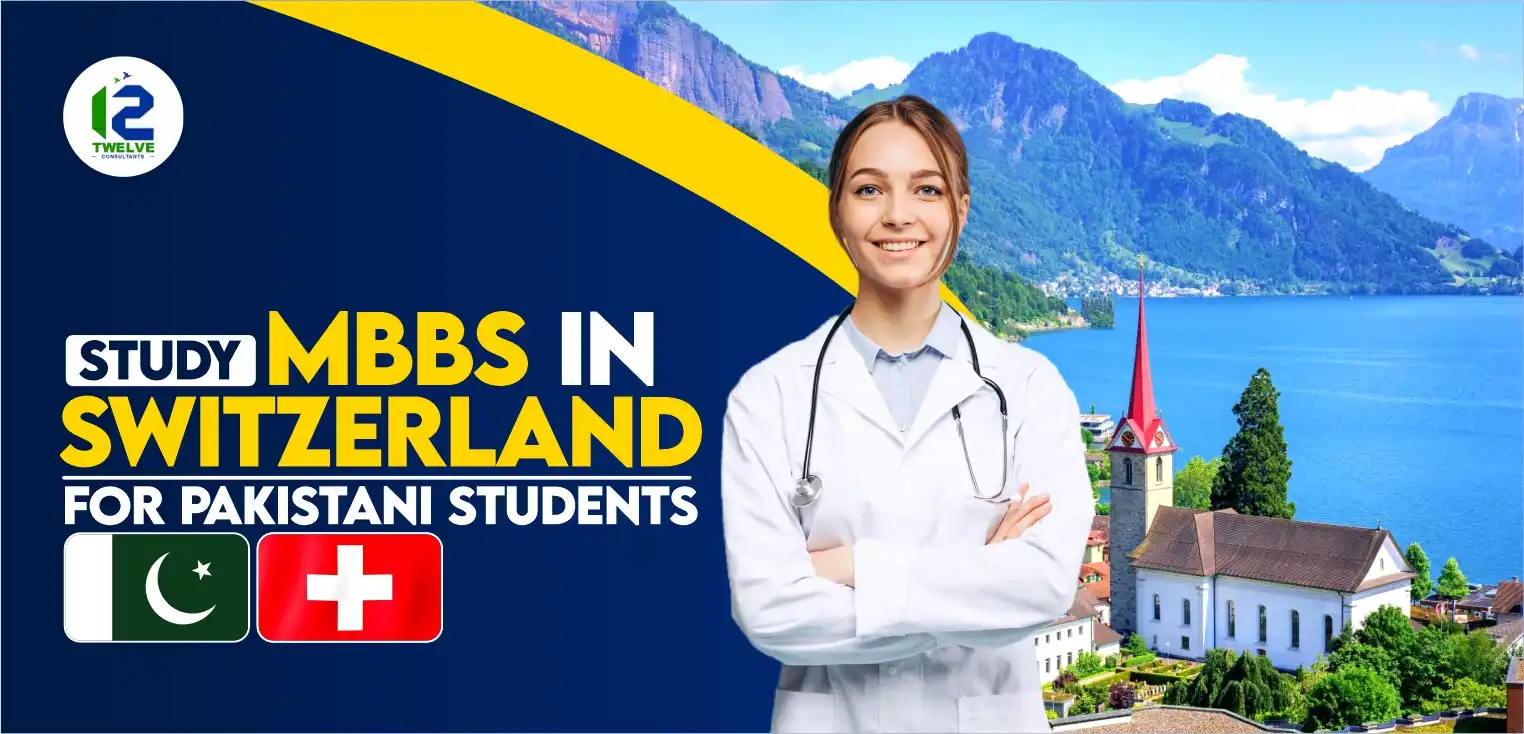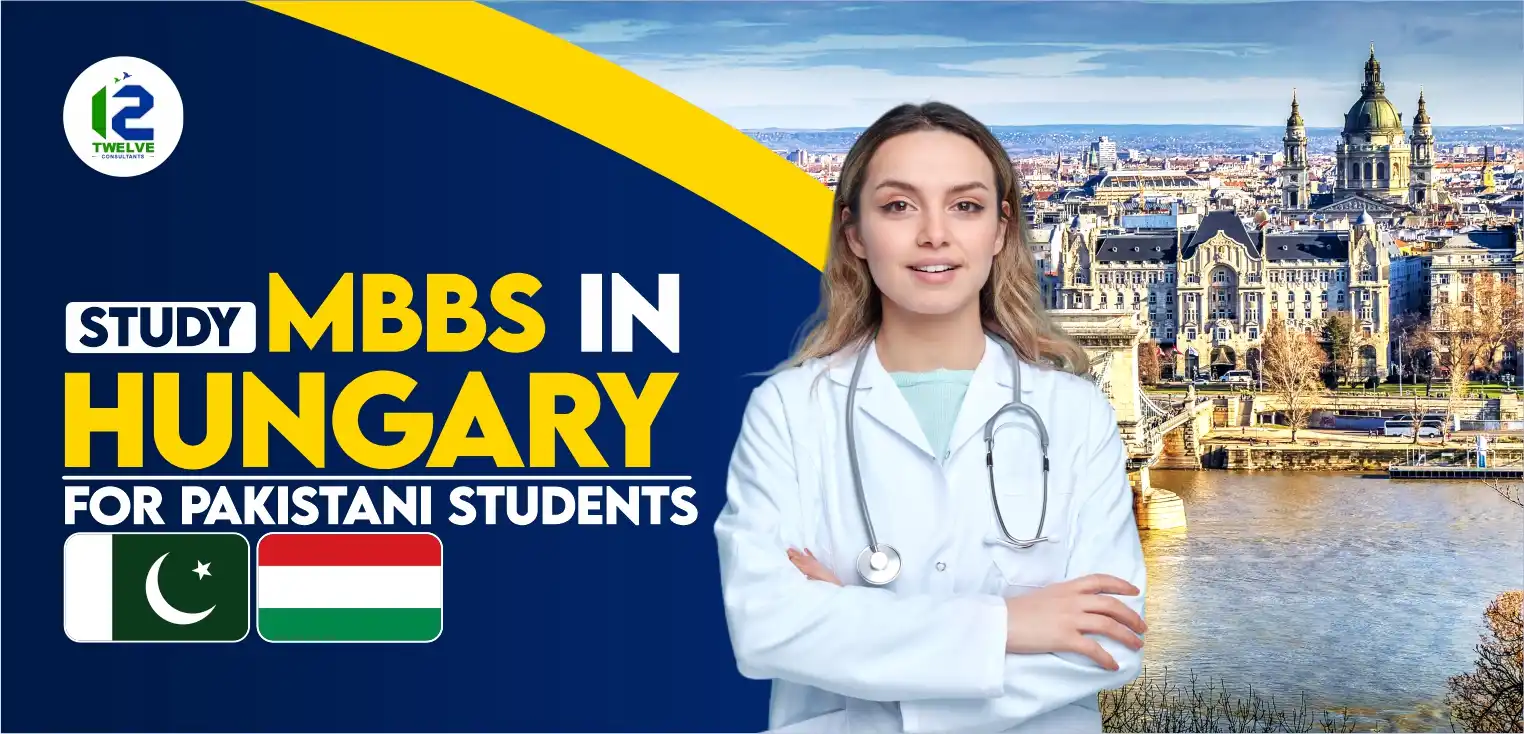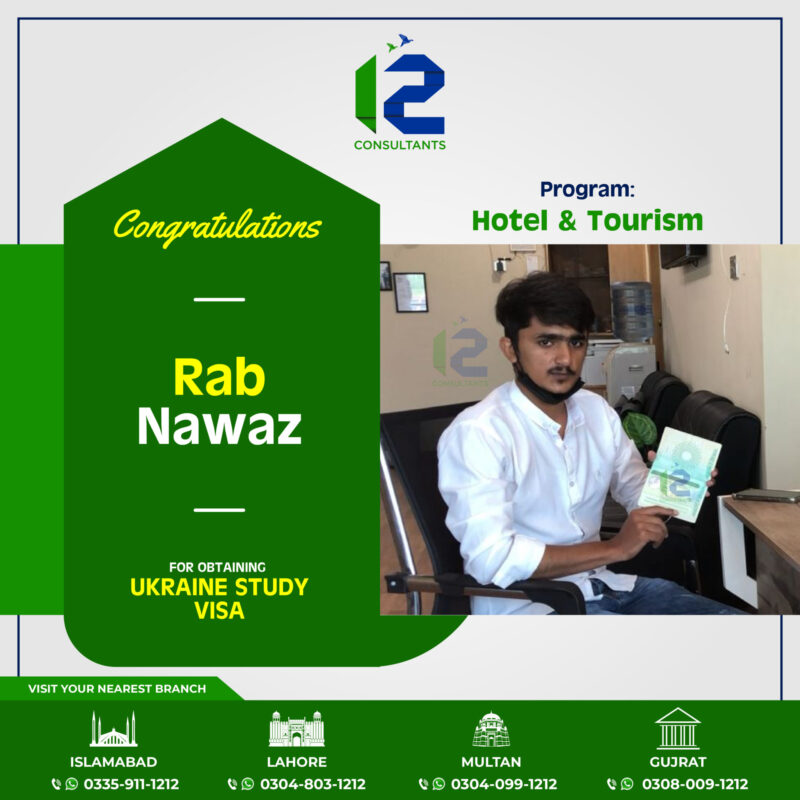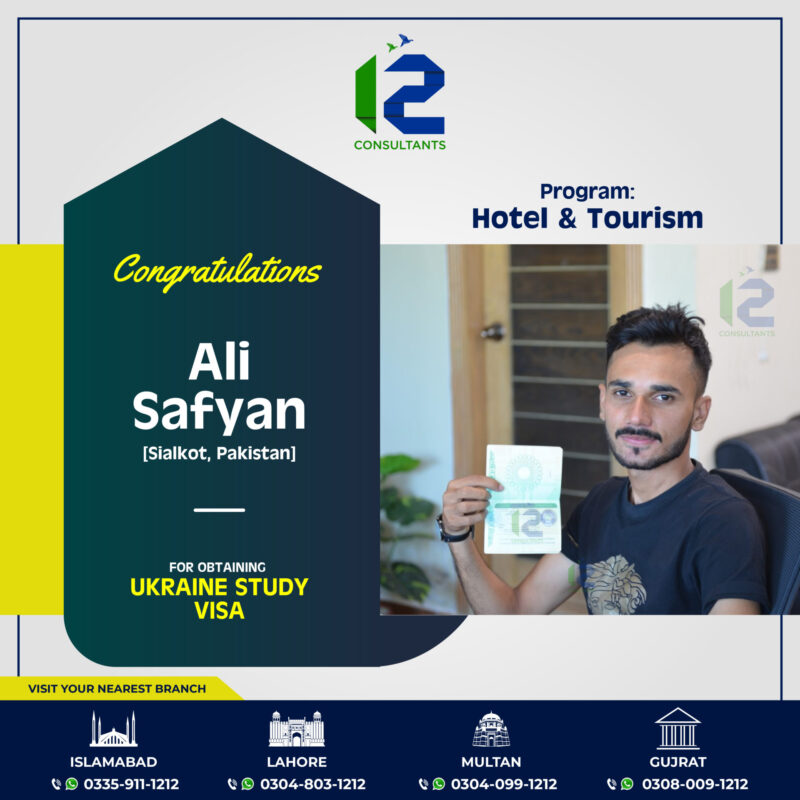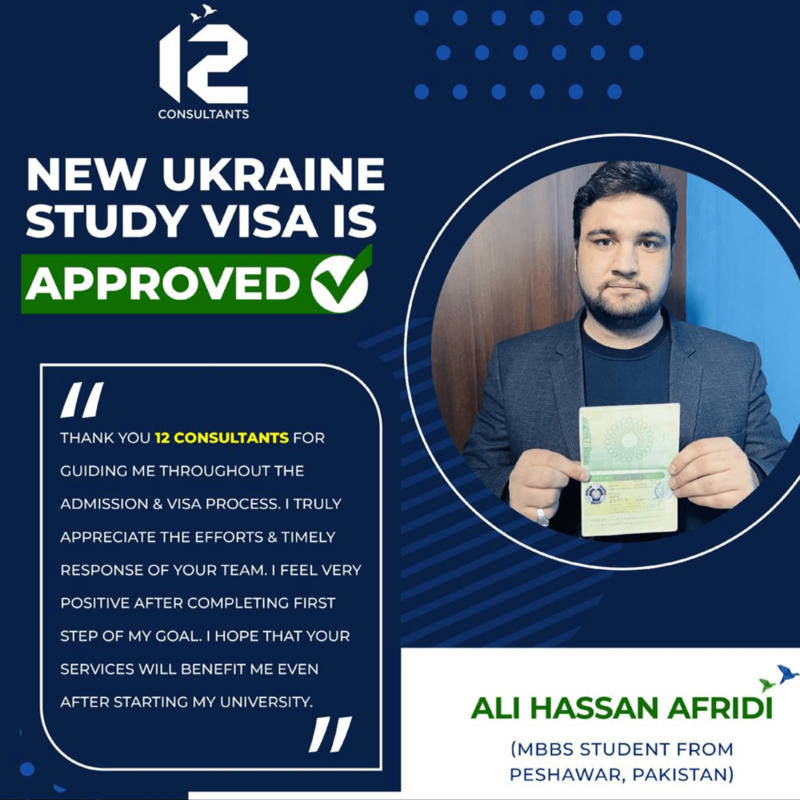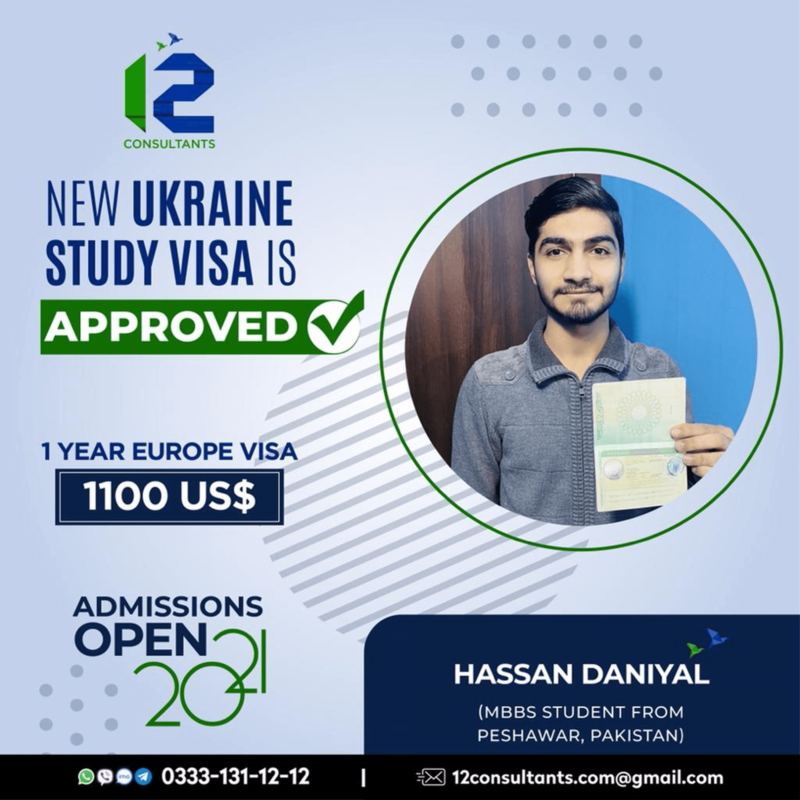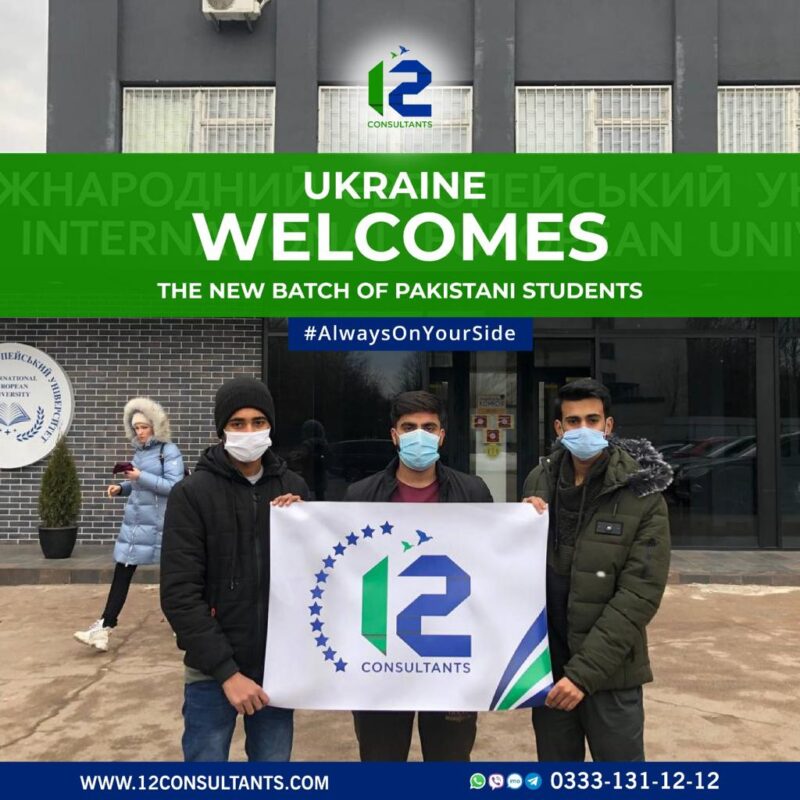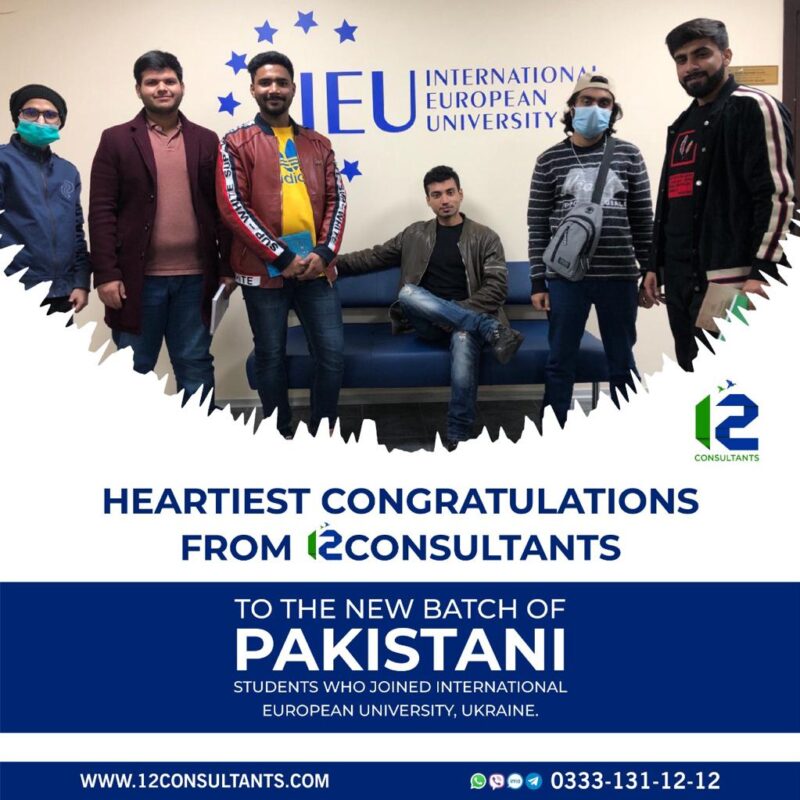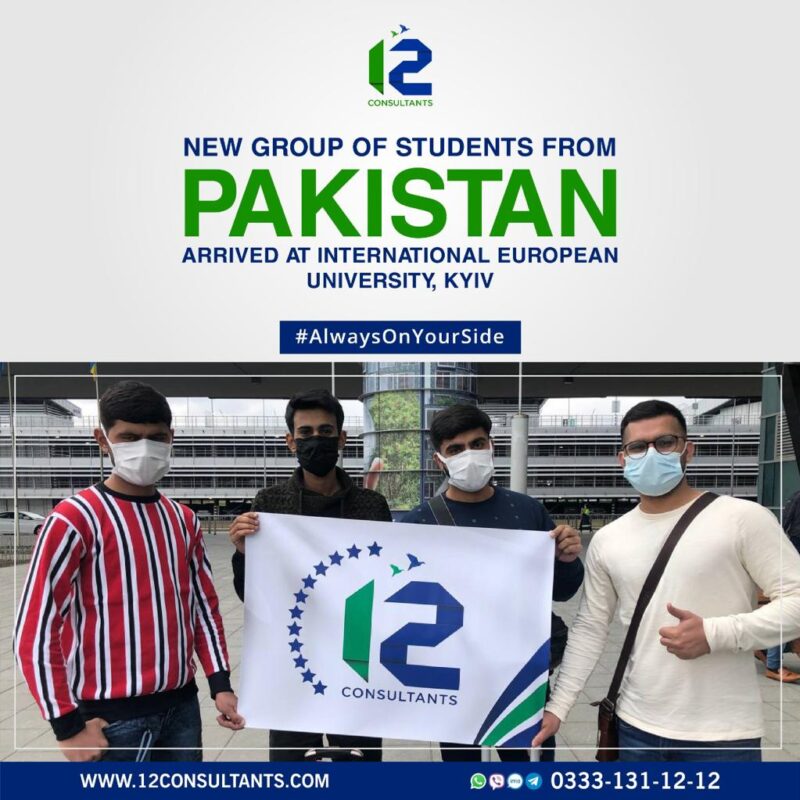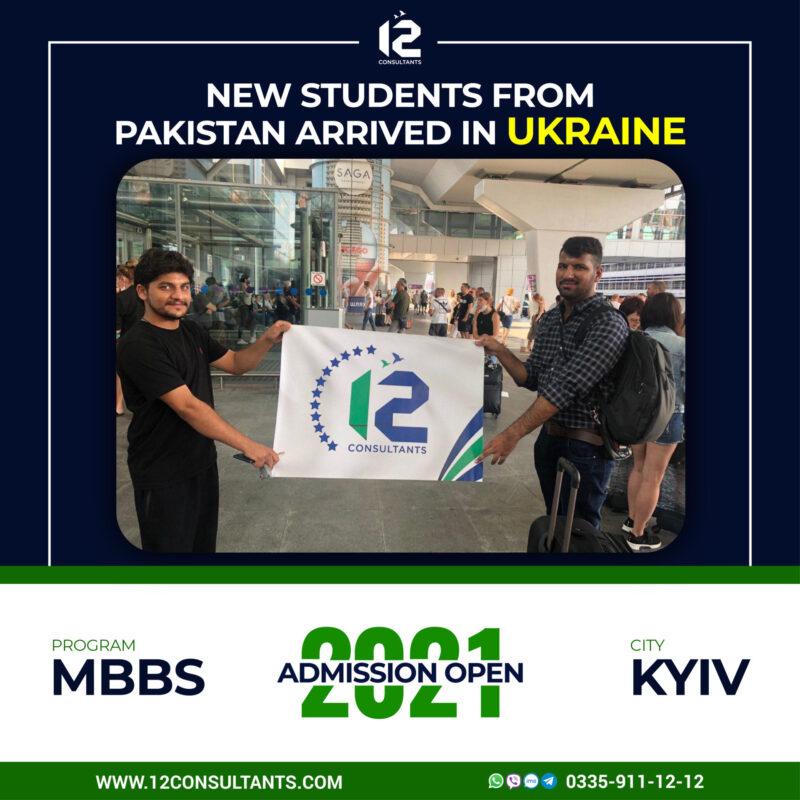

Study MBBS in Estonia 2024 | Tuition Fee | Visa Guide
Estonia, a picturesque country known for its advanced education system and rich cultural heritage, is becoming an attractive destination for international students aspiring to pursue a career in medicine. Understanding the intricate admission criteria is vital for those seeking to embark on this rewarding academic journey. This guide provides a comprehensive overview of the MBBS admission criteria for studying in Estonia.
Study in Estonia - Basic Guide
| Location | Northern Europe, Baltic Region. |
| Currency | Euro (EUR). |
| Language | Estonian (Official), English Widely Spoken. |
| Work Allowed | Part-time jobs available for students. |
| Global Recognition | Degrees recognized internationally. |
| Tuition Fees | Affordable, Varies by Program and University. |
| Accommodation | Costs vary, €150 – €400/month. |
| Living Expenses | Moderate, €300 – €600/month. |
| Intakes | Mainly September, Some in February. |
| Visa Processing | Typically 2-3 months. |
| Application Fee | Varies, Usually €50 – €100. |


Best Universities in Estonia
Estonia has a limited number of universities offering medical programs. Below are details for some of the universities in Estonia known for their medical education, though the options for studying MBBS specifically might be limited.
-
University of Tartu Faculty of Medicine: The University of Tartu, located in Tartu, is one of the oldest universities in Estonia. Its Faculty of Medicine offers medical education with a focus on research, clinical skills, and patient care. The university collaborates with local hospitals and healthcare institutions for practical training. Average Tuition Fee: $6,000 – $8,500 per year.
-
Tallinn University of Technology School of Health Sciences: Tallinn University of Technology provides education in health sciences, including medical-related fields. The School of Health Sciences offers programs that integrate theoretical knowledge with practical skills. The university focuses on modern healthcare technologies. Average Tuition Fee: $5,500 – $7,800 per year.
-
Tallinn University Faculty of Medicine: Tallinn University’s Faculty of Medicine provides medical education with a focus on holistic patient care and preventive medicine. The university emphasizes community health and healthcare management. Practical training is an essential component of the curriculum. Average Tuition Fee: $5,000 – $7,200 per year.
Tuition Fees (Per Year in USD)
| University Name | Average Tuition Fee Range (per year) |
|---|---|
| University of Tartu Faculty of Medicine | $6,000 – $8,500 |
| Tallinn University of Technology School of Health Sciences | $5,500 – $7,800 |
| Tallinn University Faculty of Medicine | $5,000 – $7,200 |
Admission Criteria to Study in Estonia
Eligibility Requirements
Prospective students aiming to pursue an MBBS degree in Estonia typically need to have completed their secondary education with a focus on science subjects such as Biology and Chemistry. Proficiency in the English language is crucial and is often assessed through standardized tests like IELTS or TOEFL. Some universities may also conduct their own entrance exams to evaluate applicants’ knowledge in relevant subjects.
Entrance Exams
Entrance exams are a common prerequisite for admission to Estonian medical universities. These exams assess applicants’ understanding of subjects such as Biology, Chemistry, and Physics. A strong performance in these exams significantly enhances the chances of acceptance. Diligent preparation and a solid understanding of core concepts are essential for excelling in these assessments.
Application Procedure
Applying for MBBS programs in Estonia involves completing an online application form and submitting essential documents. These documents typically include academic transcripts, certificates, a valid passport, proof of language proficiency, and results from entrance exams if applicable. Attention to detail and adherence to application deadlines are vital for a successful application process.
Recognition of Degrees
Verifying the recognition of the degree offered by the chosen university is paramount. Opting for universities recognized by international medical bodies such as the World Health Organization (WHO) ensures the global acceptance of the degree. Recognition by national medical councils is also essential for future licensure and practice opportunities in various countries.
Tuition Fees and Scholarships
Estonia is known for offering competitive tuition fees for international students pursuing medical education. However, fees can vary between universities and programs. Prospective students should research the fee structures of different institutions. Additionally, exploring scholarship opportunities based on academic merit or other criteria can significantly alleviate the financial burden, making medical education in Estonia accessible to a diverse range of students.
Visa Requirements and Residence Permit
Once accepted into an Estonian medical university, students need to apply for a student visa. This process involves providing necessary documents, including the admission letter, proof of financial means, a valid passport, and other relevant documents. After arriving in Estonia, students are required to obtain a student residence permit, adhering to visa and residence permit regulations throughout their studies.
Accommodation and Living Expenses
Estonia offers various accommodation options, including university dormitories and private apartments. Students should explore these options based on their budget and preferences. Budgeting for living expenses, covering aspects such as housing, food, transportation, and personal needs, is crucial for financial stability and a comfortable stay throughout the academic tenure.
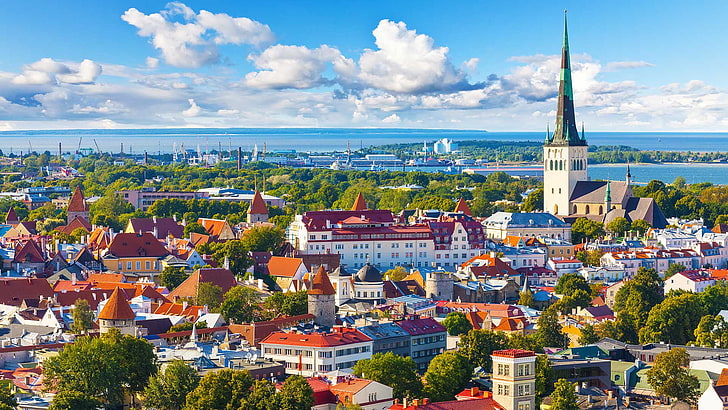

Admission Process:
Commence your application process by applying to a recognized medical university in Estonia. Ensure you meet academic requirements and prepare necessary documents, including transcripts, recommendation letters, and a personal statement. Some universities might require entrance exams or interviews.
Acceptance Letter and Confirmation of Enrollment:
Once accepted, you’ll receive an official acceptance letter from the university. This letter confirms your enrollment and is crucial for your visa application.
Student Visa Application Requirements:
Prepare documents such as a valid passport, completed visa application form, university acceptance letter, proof of financial means to cover tuition and living expenses, travel insurance, and a medical certificate. Requirements can vary, so check the official website of the Estonian embassy or consulate in your country.
Language Proficiency and Preparatory Courses:
Ensure you meet the university’s language proficiency requirements. Some universities offer preparatory courses for international students to enhance their language skills before starting the main program.
Visa Application Submission:
Submit your visa application and documents to the nearest Estonian embassy or consulate. Adhere to deadlines and ensure all information is accurate and complete.
Visa Interview (if required):
Prepare for a visa interview if it’s part of the application process. Be ready to discuss your plans for studying in Estonia and your future intentions.
Financial Planning and Scholarships:
Explore scholarship opportunities and plan your finances to cover tuition, accommodation, food, transportation, and personal expenses during your stay in Estonia.
Health Insurance and Medical Check-up:
Acquire health insurance accepted in Estonia. Some universities might require a medical check-up upon arrival.
Arrival and Orientation:
Attend the university’s orientation program upon arrival. Familiarize yourself with the campus, local culture, and essential facilities. Register with local authorities as required.
Student Support Services:
Familiarize yourself with the university’s student support services, including academic advising, counseling, and accommodation assistance.
The eligibility criteria for studying MBBS in Estonia can vary slightly between universities and colleges. However, here are the general eligibility requirements that students typically need to meet:
-
Academic Qualifications:
- Applicants must have completed their secondary education or an equivalent qualification with a strong academic record in subjects such as Biology, Chemistry, and Physics.
- The minimum percentage or GPA requirement may vary, so it’s essential to check the specific requirements of the chosen university.
-
Language Proficiency:
- Proficiency in English is mandatory for international students applying for MBBS programs in Estonia.
- Students may need to provide proof of their English language proficiency through standardized tests such as IELTS or TOEFL. Some universities may also conduct their English language proficiency tests.
-
Entrance Exams:
- Some universities in Estonia require students to pass specific entrance exams related to Biology and Chemistry. The format and content of these exams can vary, so it’s crucial to prepare thoroughly based on the university’s requirements.
-
Medical Examination:
- Applicants might need to undergo a medical examination to ensure they are physically fit to pursue a medical degree. This examination is generally to assess the student’s overall health and might include tests for communicable diseases.
-
Interview:
- Some universities conduct interviews as part of their selection process. The interview allows the university to assess the applicant’s motivation, communication skills, and understanding of the medical profession.
-
Application Documents:
- Students need to submit a completed application form, academic transcripts, letters of recommendation, a statement of purpose, and a valid passport. It’s essential to check the specific document requirements of the university to which you are applying.
-
Age Limit:
- Some universities might have an age limit for MBBS applicants. It’s important to confirm whether there are any age restrictions before applying.
-
Visa and Residence Permit:
- International students, including those from non-EU countries, need to obtain a student visa and a temporary residence permit for the duration of their studies in Estonia. Students should apply for these permits well in advance of the academic session.
The duration and structure of MBBS programs in Estonia can vary depending on the university. However, here is a general overview of what you can expect:
Duration: MBBS programs in Estonia typically last for six years. These six years are divided into pre-clinical and clinical phases.
-
Pre-Clinical Phase (Years 1-3):
- The first three years are dedicated to pre-clinical studies, which focus on building a strong foundation in basic medical sciences.
- Students study subjects like Anatomy, Physiology, Biochemistry, Pharmacology, and Medical Genetics during this phase.
- The emphasis is on theoretical knowledge and understanding the fundamental aspects of medicine.
-
Clinical Phase (Years 4-6):
- The last three years are the clinical phase, where students engage in hands-on clinical training and gain practical experience.
- Students rotate through different medical specialties, gaining exposure to various fields of medicine.
- Clinical training often takes place in affiliated hospitals, clinics, and healthcare facilities.
- During this phase, students also participate in clerkships, where they work alongside experienced medical professionals.
Teaching Methods:
- Lectures: Students attend lectures to receive theoretical knowledge from professors and experts.
- Laboratory Work: Practical sessions in laboratories allow students to apply their theoretical knowledge in experiments and analyses.
- Seminars: Interactive seminars provide a platform for discussions, case studies, and problem-solving exercises.
- Clinical Training: Hands-on training in hospitals and healthcare settings, where students interact with patients under the supervision of licensed physicians.
Examinations:
- Students are evaluated through regular assessments, written examinations, practical exams, and clinical assessments.
- Successful completion of exams is necessary to progress to the next academic year and ultimately graduate.
Research Opportunities:
- Some universities may offer research opportunities, allowing students to engage in medical research projects under the guidance of faculty members.
Yes, international students studying in Estonia are generally allowed to work part-time. EU and EEA (European Economic Area) students have unrestricted access to the Estonian labor market. Non-EU/EEA international students are allowed to work part-time during their studies, typically up to 20 hours per week, with some restrictions during study breaks.
Yes, medical degrees obtained from recognized universities in Estonia are internationally recognized. Graduates can pursue further education, participate in medical licensure exams, or practice medicine in various countries worldwide. It’s important to choose universities that are accredited and recognized by international medical bodies for global recognition.
Tuition fees for MBBS programs in Estonia vary depending on the university and program. On average, the annual tuition fees for international students range from €7,000 to €12,000. Living expenses, including accommodation, food, transportation, and miscellaneous expenses, are estimated to be around €400 to €700 per month, depending on the city and lifestyle.


Recent Blogs
Request a Call-back
Study in Finland for Pakistani Students | Tuition Fee | Eligibility Criteria | Finland Visa Guide | Scholarships In Finland Finland, known for its high-quality
Study in Ireland for Pakistani Students | Tuition Fee | Eligibility Criteria | Ireland Visa Guide | Scholarships In Ireland Ireland has become a beacon
Study in Norway for Pakistani Students | Tuition Fee | Eligibility Criteria | Norway Visa Guide | Scholarships In Norway Norway, with its breathtaking landscapes,
Study in Slovenia for Pakistani Students | Tuition Fee | Eligibility Criteria | Slovenia Visa Guide | Scholarships In Slovenia Slovenia, situated at the crossroads
Study in Switzerland for Pakistani Students | Tuition Fee | Eligibility Criteria | Switzerland Visa Guide | Scholarships In Switzerland Switzerland attracts medical students with
Study in Switzerland for Pakistani Students | Tuition Fee | Eligibility Criteria | Switzerland Visa Guide | Scholarships In Switzerland Switzerland boasts a world-renowned education
Study in MBBS for Pakistani Students | Tuition Fee | Eligibility Criteria | MBBS Visa Guide | Scholarships In Hungry Hungary holds a strong educational
Study in Hungry for Pakistani Students | Tuition Fee | Eligibility Criteria | Hungry Visa Guide | Scholarships In Hungry Hungary holds a strong educational
Study MBBS in Portugal for Pakistani Students | Tuition Fee | Eligibility Criteria | Portugal Visa Guide | Scholarships In Portugal Portugal offers a compelling




